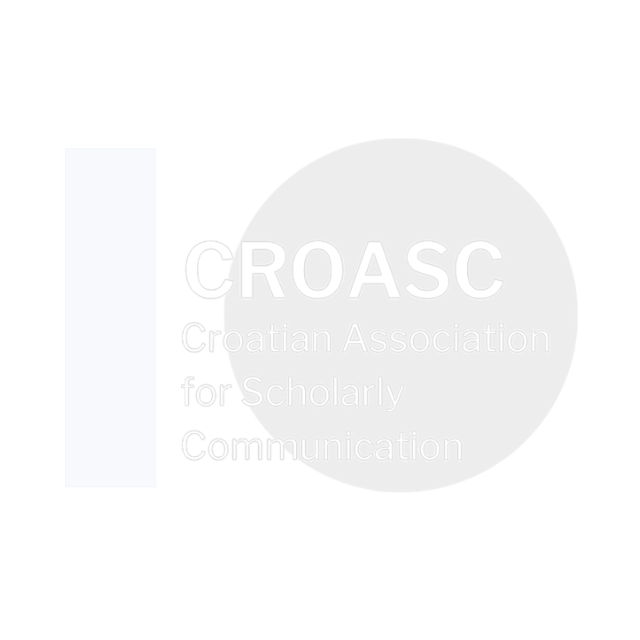Resources and Guidelines for Diamond OA Publishing
presentation × friday × 11.00-12.30
Laurent Delvalle
OpenEdition
Marseille, France
Marguerite Jan
OpenEdition
Marseille, France
Iryna Kuchma
EIFL
Vilnius, Lithuania
Iva Melinščak Zlodi
University of Zagreb Faculty of Humanities and Social Sciences
Zagreb, Croatia
Irakleitos Souyioultzoglou
OPERAS
France
Jadranka Stojanovski
University of Zadar
Zadar, Croatia
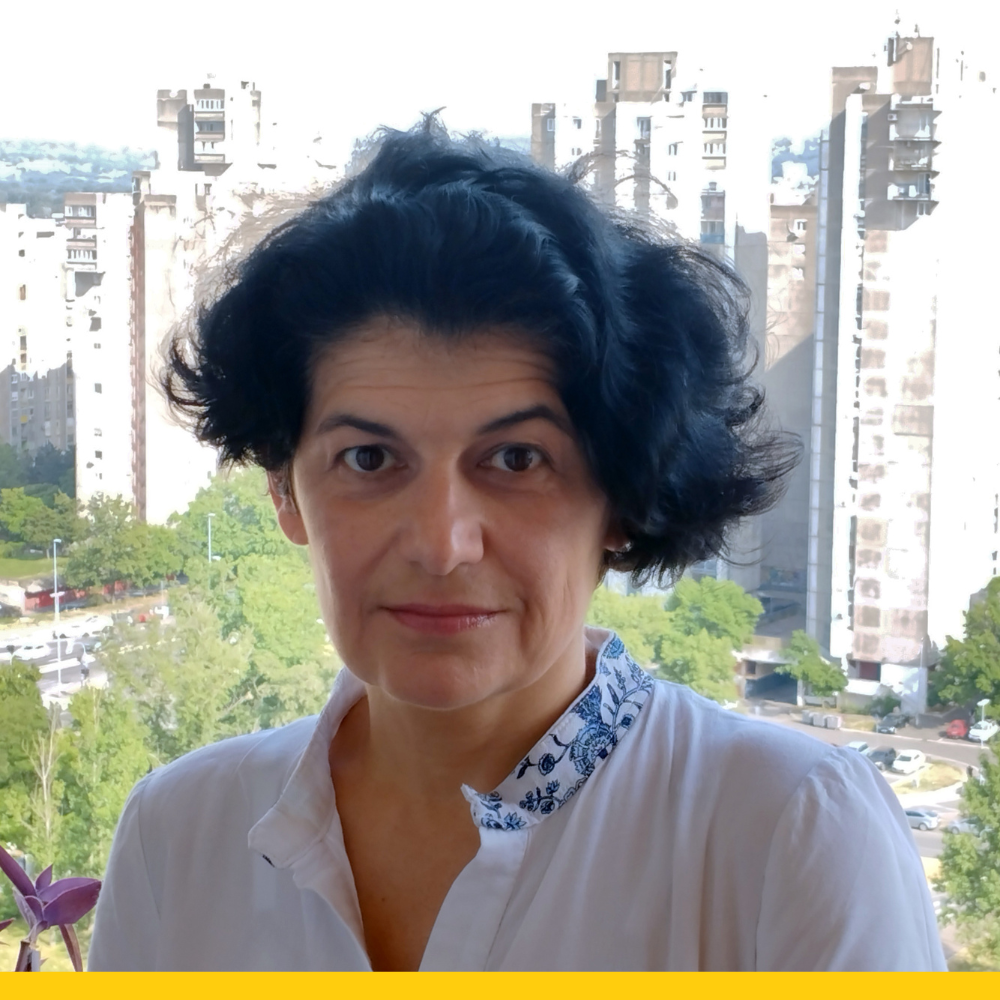
Milica Ševkušić
EIFL
Vilnius, Lithuania
The DIAMAS project has developed a comprehensive set of resources and guidelines to support the quality and sustainability of Diamond Open Access (OA) publishing. It includes a variety of resources specifically tailored to meet the needs of Diamond OA publishers, journal editors, and service providers. This presentation will highlight the key components of the knowledge base, with a special focus on the training platform.
At the core of the resources is the Diamond Open Access Standard (DOAS), a quality framework that sets out required and desired criteria across seven key components of scholarly publishing: (1) Funding; (2) Legal ownership, mission and governance; (3) Open Science; (4) Editorial management, editorial quality, and research integrity; (5) Technical service efficiency; (6) Visibility, communication, marketing, and impact; and (7) Equity, Diversity, Inclusion and Belonging (EDIB), multilingualism, and gender equity (Consortium of the DIAMAS project, 2024).
To aid the implementation of this core framework, DIAMAS has created:
- Toolsuite (https://toolsuite.diamas.org): A series of short, high-level articles introducing the core components of DOAS, complemented by glossaries, keywords, and frequently asked questions (FAQs). All materials are available in English, Spanish, Croatian and Portuguese (Armengou, Alevizos, et al., 2024).
- Guidelines (https://toolsuite.diamas.org/guidelines): A collection of 18 articles providing practical advice for aligning publishing practices with DOAS criteria. The high-level topics of DOAS are broken down into subtopics that highlight areas where practical guidance is most needed. For example, Open Science is addressed through articles such as Use of open licenses in open access publishing, Self-archiving policy, Availability of research protocols, methods and software, Handling negative research results, Preprints, and Research data sharing policy. Guidelines are available in English, Spanish, Croatian and Portuguese (Armengou, Bowker, et al., 2024).
Recognising complexity in certain areas, additional materials have been developed:
- Financial sustainability resources (https://toolsuite.diamas.org/toolsuite-sustainability): A comprehensive set of resources providing both strategic insights and practical guidance to support the sustainability of Diamond OA publishing. The materials focus on funding models, workforce sustainability, advocacy and collaborative practices, and include guides, templates, case studies and research (Hughes 2025).
- Equity, Diversity, Inclusion and Belonging (EDIB) Getting Started Guide, which outlines the core elements of EDIB and offers foundational tools to help editors and publishers create a strategy tailored to their specific context (Bowker, Laakso and Pölönen, 2025).
These resources served as a starting point for developing interactive training materials that address skill gaps identified during the project. The modular training programme, to be released in late May 2025, comprises 13 courses hosted on a dedicated Moodle platform
within the European Diamond Capacity Hub. Designed for self-paced learning, it employs diverse formats including presentations, infographics and checklists, and incorporates interactive elements such as quizzes, self-reflection exercises and flip cards. Training materials can be used as standalone resources or integrated into institutional training efforts. They are released under an open licence and designed for easy localisation and reuse. The primary audience for the training programme includes journal editors and Diamond OA publishers. Still, the materials can be helpful to trainers, institutional leaders, policymakers, funders, and researchers involved in scholarly communication.
The DIAMAS knowledge base reflects the values of the Diamond OA community: collaboration, openness and a commitment to equitable scholarly communication. By providing standards, tools and training materials, the DIAMAS project supports publishers and service providers in enhancing quality and building more sustainable publishing practices.
keywords
Diamond Open Access publishing, learning resources, DIAMAS project, European Diamond Capacity Hub
References
Armengou, C., Alevizos, I., Ševkušić, M., Souyioultzoglou, I., & Stone, G. (2024). D4.2 IPSP Toolsuite. Zenodo. https://doi.org/10.5281/zenodo.14001342
Armengou, C., Bowker, L., Coslado, M. Á., Kuchma, I., Laakso, M., Iva, M. Z., Virginia, D. P. L., Pölönen, J., Redhead, C., Rooryck, J., Ševkušić, M., Souyioultzoglou, I., Stojanovski, J., & Stone, G. (2024). D4.3 – IPSP guidelines. Zenodo. https://doi.org/10.5281/zenodo.13786094
Bowker, L., Laakso, M., & Pölönen, J. (2025). Developing an Equity, Diversity, Inclusion and Belonging (EDIB) strategy for open scholarly publishing – Getting started guide. Zenodo. https://doi.org/10.5281/zenodo.14771906
Project, C. O. T. D. (2025). The Diamond OA Standard (DOAS). Zenodo. https://doi.org/10.5281/zenodo.15227981
Hughes, A. (2025). Deliverable D5.3 – A suite of resources to support the growth of IPSP sustainability. Zenodo. https://doi.org/10.5281/zenodo.14825151
presenter's biography
Milica Ševkušić is a librarian at the Institute of Technical Sciences of the Serbian Academy of Sciences and Arts (since 2007). She is also a member of the repository development team at the University of Belgrade Computer Centre.
Milica is currently involved in several projects dealing with Open Science and is a member of the national Team for Open Science in Serbia. She is a founding member and co-coordinator of the Open Science Community Serbia (launched in 2021). She is also involved in education programmes conducted by Wikimedia Serbia.
Her professional interests focus on Open Science, library services aimed at supporting research activities, training in academic services and tools, support to Open Access journals, information literacy and research ethics.
She is the EIFL Open Access Country Coordinator, a CORE Ambassador, and the NI4OS-Europe EOSC promoter in Serbia.

